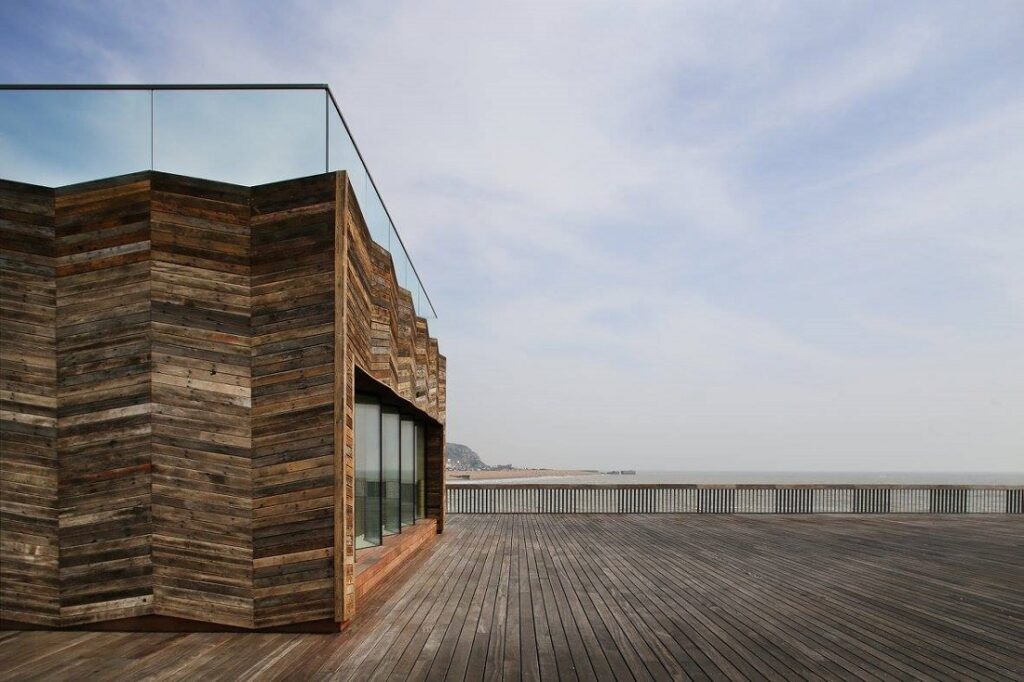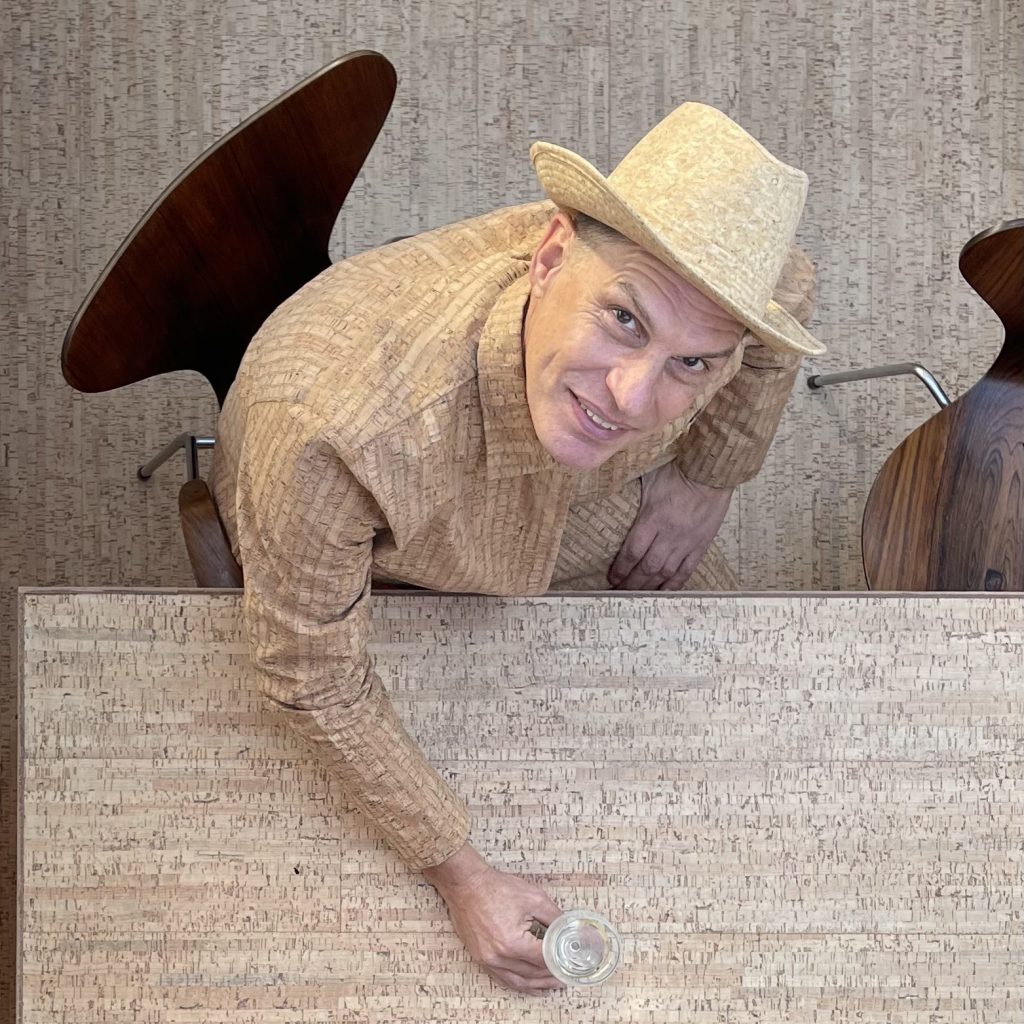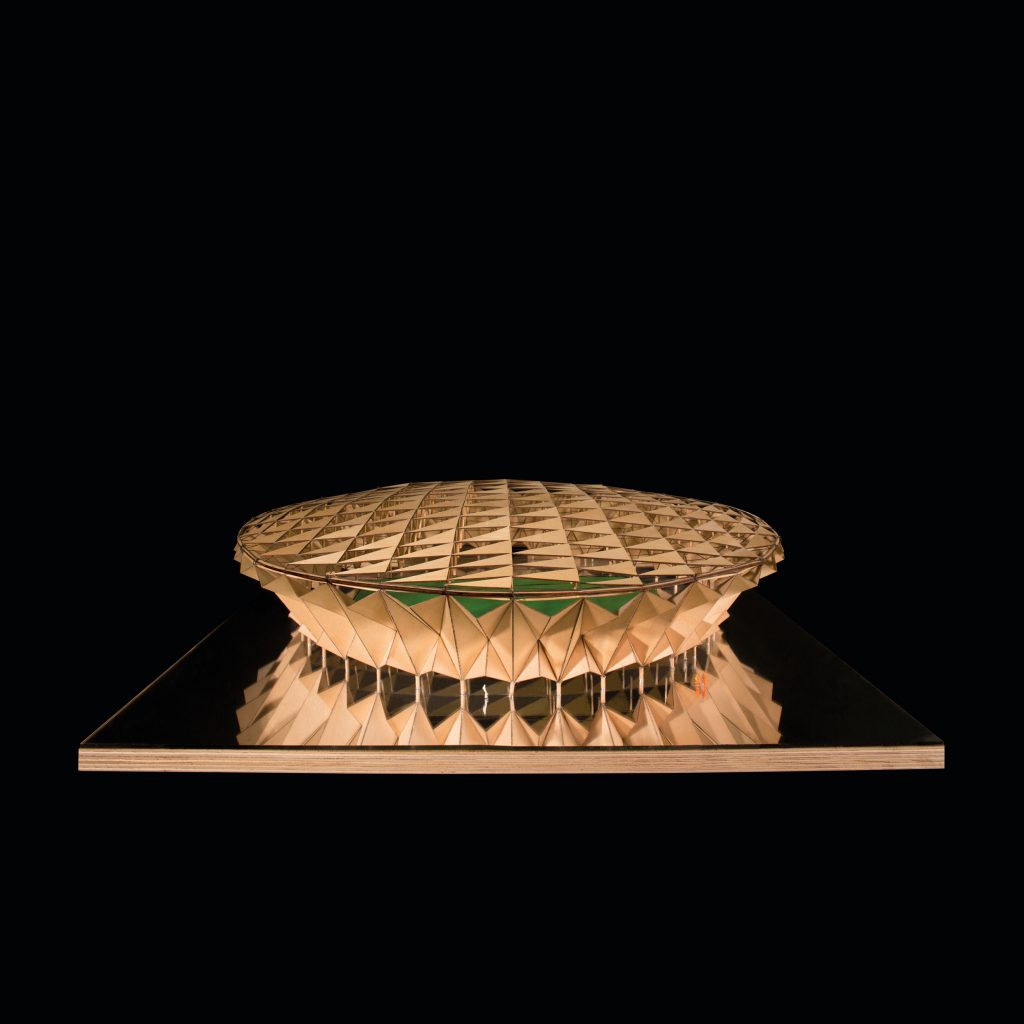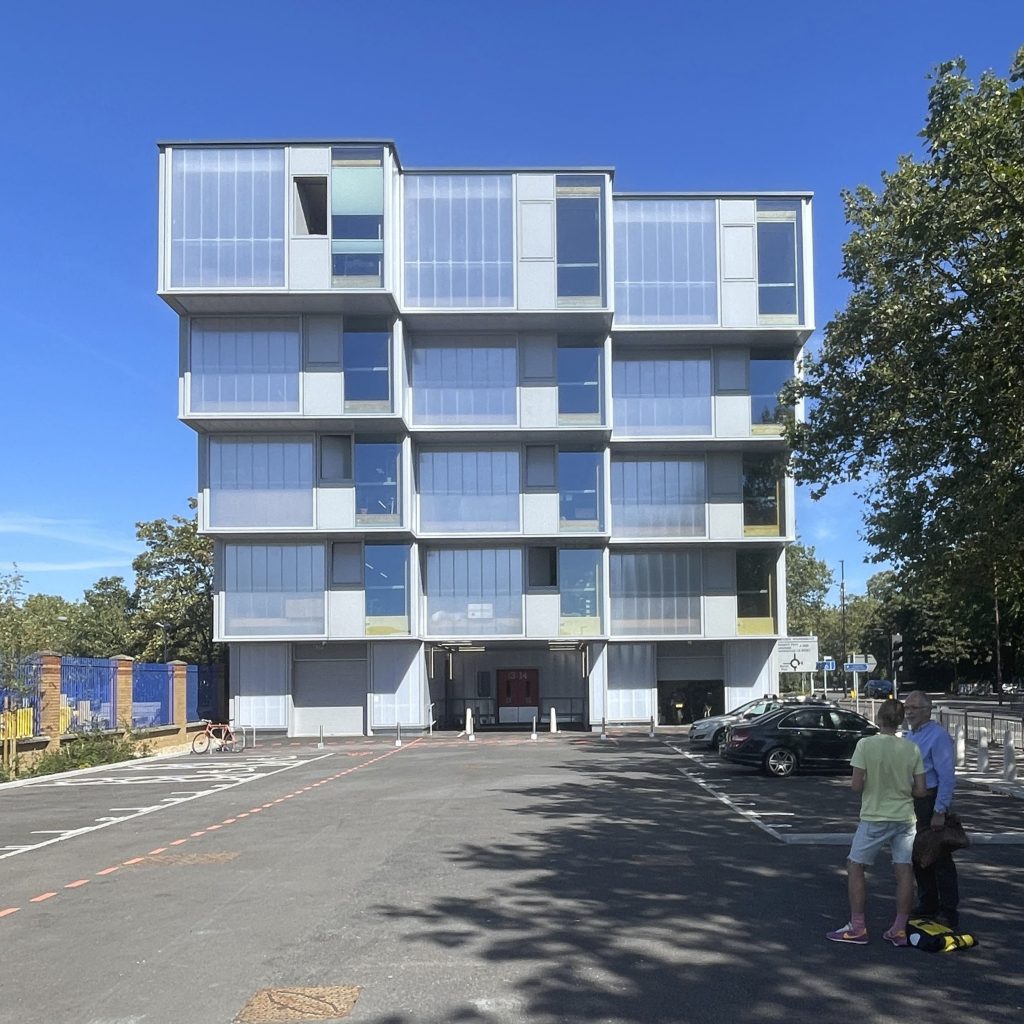Ergebnisse [0]

Alex de Rijke ist der neue Professor für Holzarchitektur an der TU Delft

Alex de Rijke, a founding director of dRMM, is taking up a new post at TU Delft, the oldest and largest technical university in the Netherlands.
Starting this month as their first Professor of Timber Architecture, he will be working as a lecturer and researcher with the Biobased Design Team. Alex is a pioneer in the development and application of wood in architecture, having focused on engineered timber in experimental buildings for the past 25 years. TU Delft is ranked joint third with ETH Zurich in the QS World University Rankings of Architecture Schools (after UCL and MIT). His appointment stems from the ambition of the Faculty of Architecture and the Built Environment to promote the global application of wooden building elements and other renewable and recyclable materials.
Wood architecture is not about building in concrete and cladding in wood wallpaper, it’s about using timber structurally and expressively. I see the challenge of this role as inspiring students to invent ways of using engineered timber for a new epoch of carbon conscious design.

Director



Wood; a poor material, Prof. Alex de Rijke/copyright 2020
Wood should not be trusted as it has a mind of its own.
Wood is useless if you are seeking to pollute the planet; it is hopeless at producing toxins and emitting carbon.
Wood is not heavy. If you want bigger foundations, and you need to employ more machinery and people on site, choose another material.
Wood, when big or thick enough, is bad in a fire. Self-charring can even mean self-extinguishing. This can frustrate news media seeking building disasters.
Wood is not a good fit with laborious building processes. If you need a slow, heavy build with inevitable danger, delays and disputes, avoid prefabricated wood systems.
Wood smells. It’s natural tendency to produce oxygenated aromas can irritate those who prefer the damp cloying odour of wet trades combining dust and chemicals.
Wood does not need covering internally; bad news for buildings with a lot of layers and respective trades blaming each other, which also makes contract litigation less lucrative.
Wood is the worst at offering surfaces that are cold and unattractive. A disadvantage for cladding companies, plasterers and painters. The vast choice of colour, grain and texture in wood products makes specification a minefield.
Wood is low on the index of unhealthy or stress-inducing materials. If your building needs to increase the allergenic, breathing problems or heart rate of its occupants, choose an alternative.
Wood is hopeless when it comes to being a finite resource. If your project needs to be made from limited materials elaborately processed, with the consequences of pollution and climate change, look elsewhere.
Wood is hopeless when it comes to being a finite resource. If your project needs to be made from limited materials elaborately processed, with the consequences of pollution and climate change, look elsewhere.